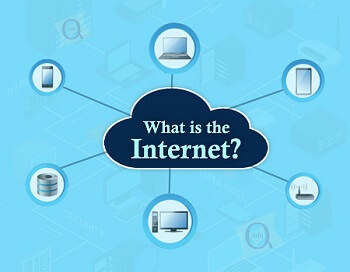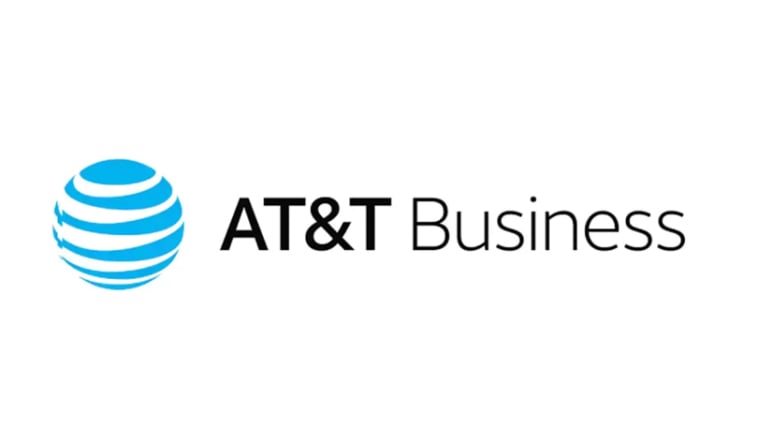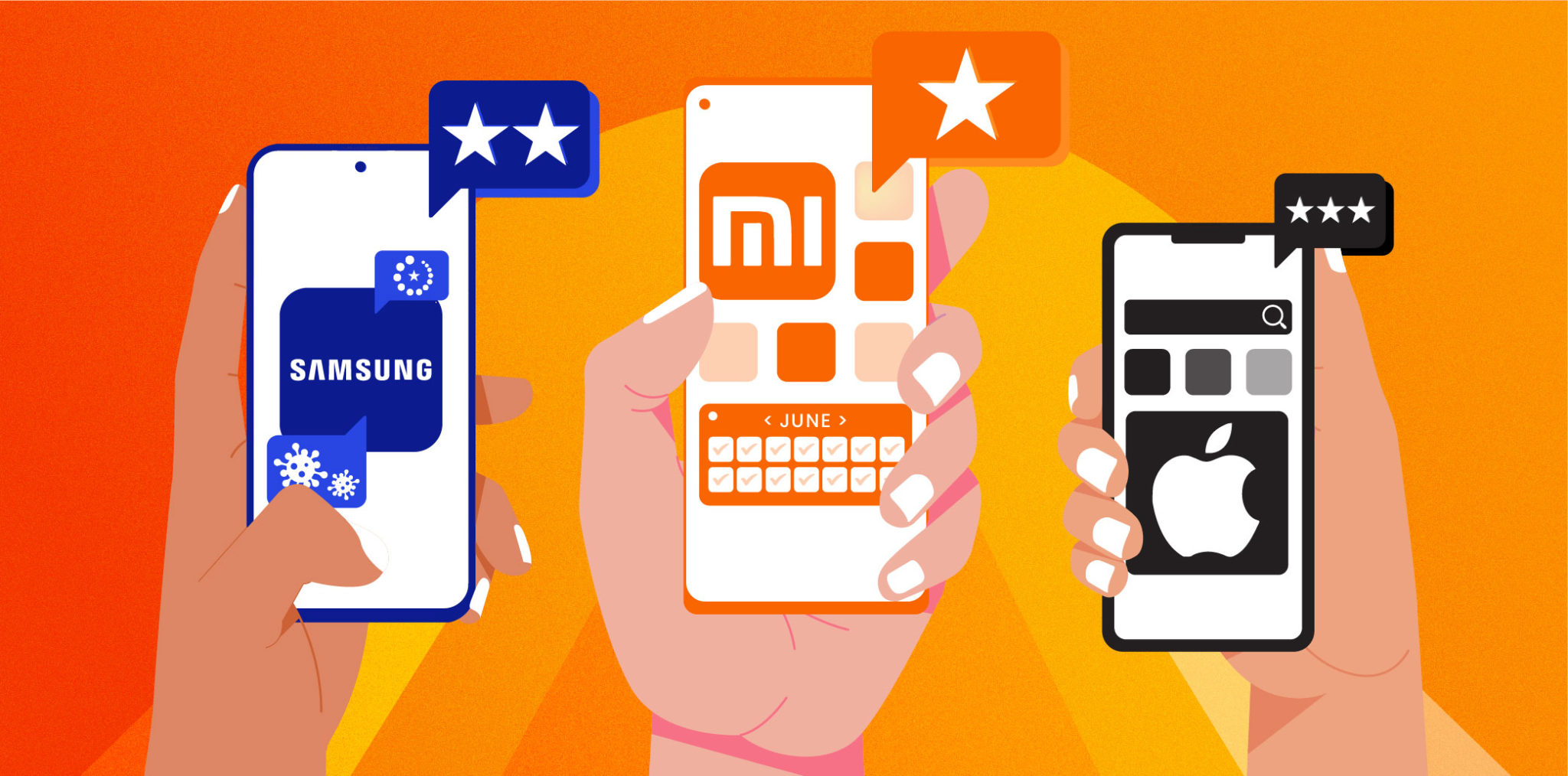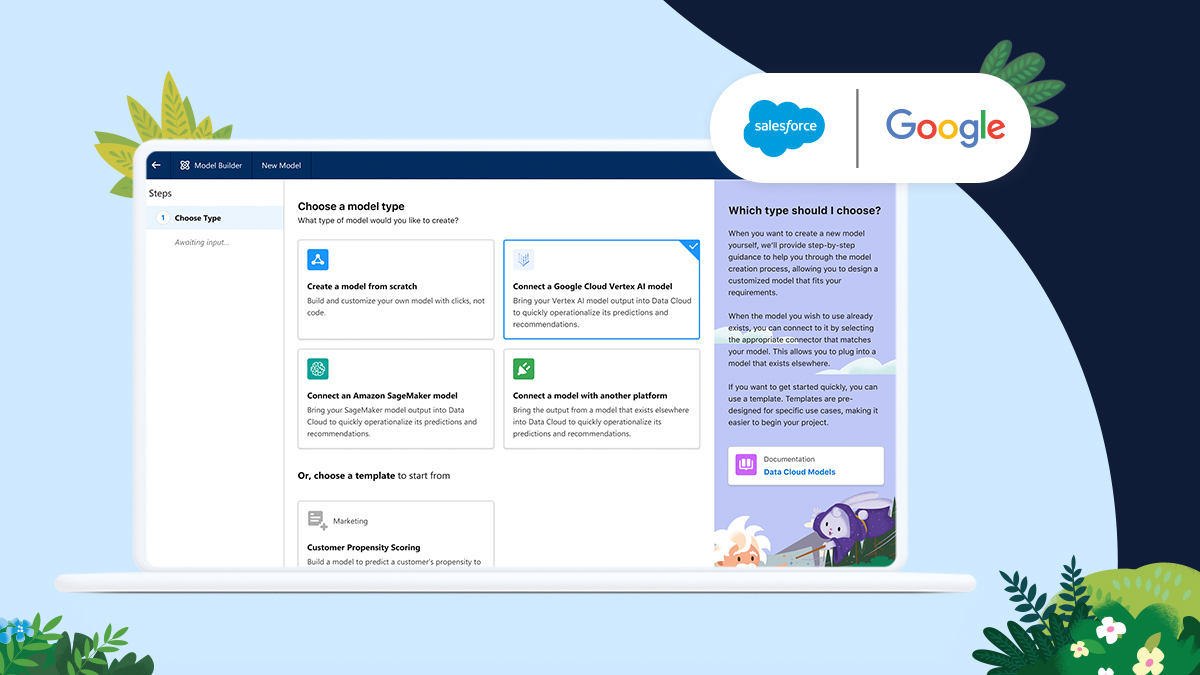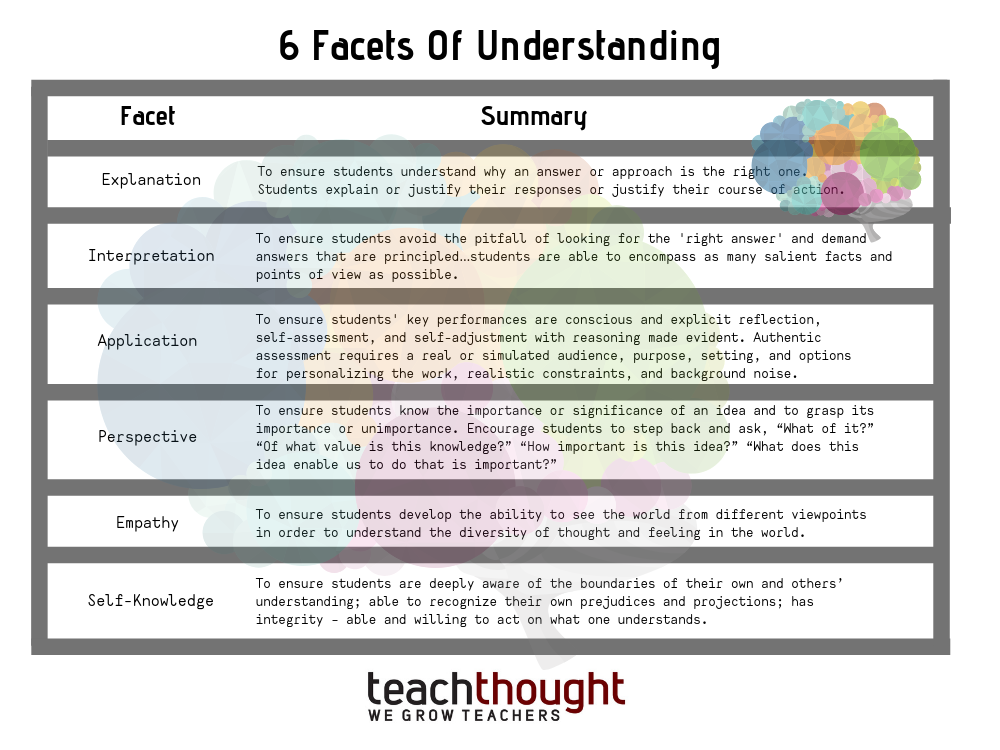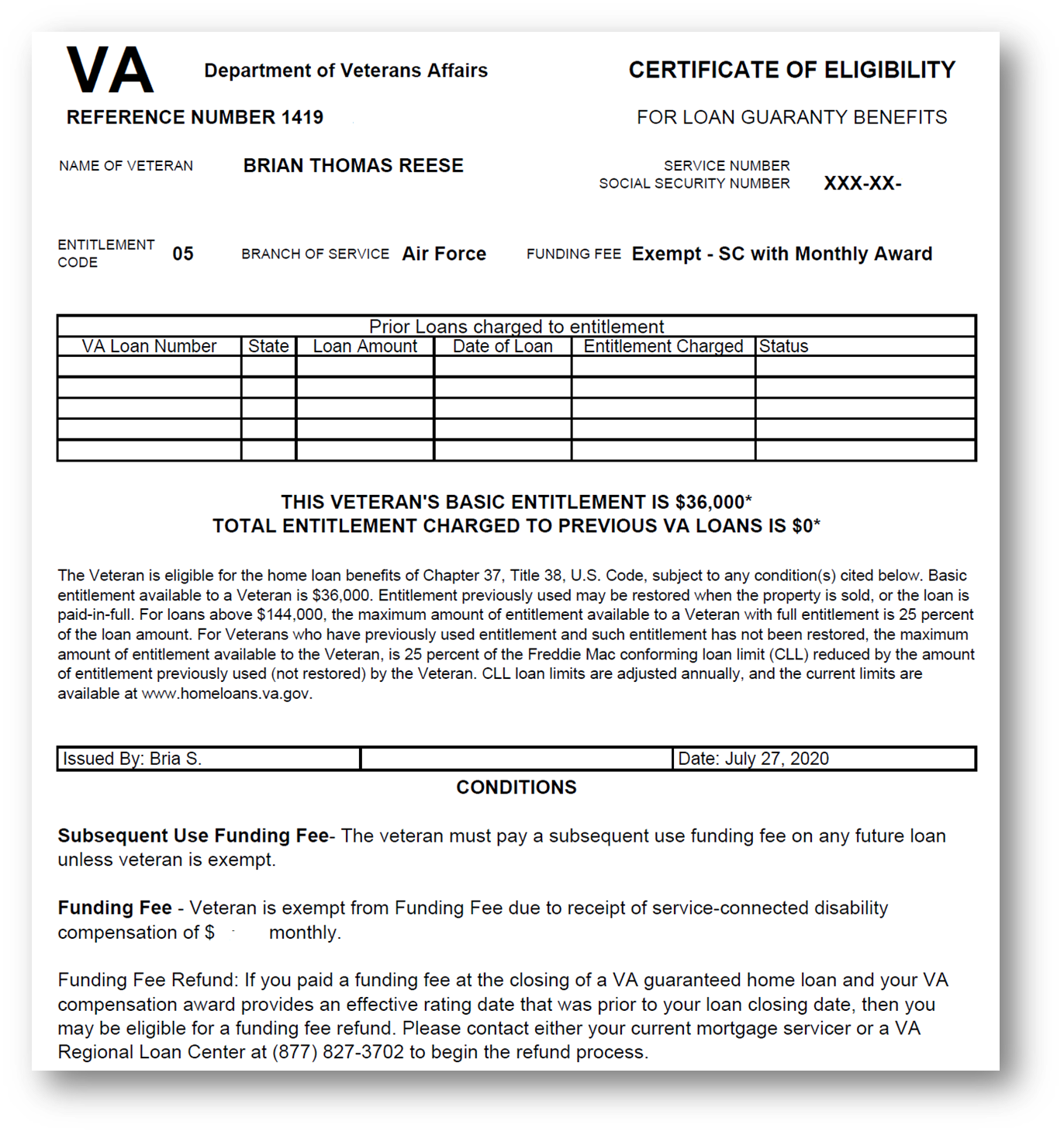In the dynamic realm of business, entrepreneurs are in a constant quest to optimize their operations, reduce costs, and provide exceptional value to their customers. Business bundle packages have emerged as a game-changing solution that caters to these objectives effectively. In today’s competitive business landscape, entrepreneurs are always on the lookout for effective strategies that can propel their ventures to success.
One such strategy that has gained significant traction is the utilization of business bundle packages. These packages offer a comprehensive solution by combining essential services, products, or tools at a competitive price point. In this article, we’ll delve into the world of business bundle packages, exploring their benefits, components, and how they can give entrepreneurs a competitive edge.
What Are Business Bundle Packages?
Business bundle packages are curated sets of products, services, or tools that are strategically combined to offer entrepreneurs a holistic solution for their business needs. These packages are designed to provide a one-stop-shop experience, allowing entrepreneurs to access a range of essential resources without the hassle of piecing them together individually.
Types Of Business Bundle Packages
Business bundle packages come in various forms, each tailored to meet specific needs and goals. Here are some common types of bundle packages that businesses often offer:
- Startup Essentials Bundle
This type of bundle is designed for entrepreneurs who are just starting their businesses. It typically includes essential tools and services such as website hosting, domain registration, basic branding, and accounting software. The goal is to provide everything a startup needs to establish an online presence and manage basic operations.
- Marketing Boost Package
Businesses looking to enhance their marketing efforts might opt for a marketing boost package. This bundle could include services like social media management, email marketing software, graphic design services, and SEO optimization. By bundling these services, businesses can create a comprehensive marketing strategy.
- E-Commerce Toolkit
For online retailers, an e-commerce toolkit bundle is valuable. It could include an e-commerce platform subscription, payment gateway integration, inventory management software, and product photography services. This package streamlines the process of setting up and running an online store.
- Professional Services Bundle
Service-based businesses, such as consultants or freelancers, might offer a professional services bundle. This could include access to project management tools, legal consultation, accounting services, and professional development resources. The bundle enhances the professionalism and efficiency of the business.
Tech startups often require specialized tools and resources. A tech startup package might feature cloud computing services, software development tools, API access, and tech support. This bundle equips startups with the technology needed to develop and scale their products.
- Office Productivity Bundle
For businesses aiming to optimize their operations, an office productivity bundle is beneficial. This could include software for project management, communication, document collaboration, and time tracking. Such a bundle helps streamline workflows and boost efficiency.
- Wellness and Employee Benefits Package
Businesses looking to enhance employee well-being might offer a wellness package. This could include access to fitness apps, mental health resources, health insurance plans, and wellness workshops. Such bundles prioritize employee health and satisfaction.
- Content Creator Toolkit
Designed for content creators and influencers, this bundle might include video editing software, stock photo subscriptions, social media scheduling tools, and online course access. It provides the resources needed to produce high-quality content.
- SaaS Starter Kit
Software-as-a-Service (SaaS) providers might offer a starter kit bundle. This could include access to multiple software tools at a discounted price, making it easier for businesses to adopt a suite of software solutions.
- Event Planning Package
Event planners or businesses organizing events can benefit from an event planning package. It might include event management software, venue booking services, catering options, and event promotion tools. This bundle simplifies the process of organizing events.
- Retail Store Essentials Bundle
Retail businesses can offer a bundle that includes point-of-sale systems, inventory management software, security solutions, and visual merchandising resources. This bundle equips retail stores for success.
- Remote Work Starter Bundle
With the rise of remote work, businesses might offer a remote work starter bundle. It could include remote collaboration tools, cybersecurity solutions, virtual team-building resources, and ergonomic equipment options.
These are just a few examples of the diverse types of business bundle packages available. When creating bundle packages, consider the specific needs of your target audience and industry to design offerings that provide maximum value and convenience.
Benefits Of Business Bundle Packages
- Enhanced Cost Savings
Investing in a bundle package often leads to significant cost savings compared to purchasing individual components separately. Entrepreneurs can take advantage of bulk pricing and exclusive discounts offered as part of these packages.
- Streamlined Operations
With a bundle package, entrepreneurs can centralize their procurement process. This streamlines operations by reducing the time spent on sourcing various products and services from different vendors.
- Time Efficiency
Business bundle packages eliminate the need to research and select individual components, saving entrepreneurs valuable time. This time efficiency allows entrepreneurs to focus on core business activities.
Disadvantages Of Business Bundle Packages
While business bundle packages offer various benefits, they also come with certain disadvantages that entrepreneurs should consider before making a decision.
- Limited Customization
One of the potential drawbacks of bundle packages is the limited customization they often provide. While some packages offer basic customization options, businesses with unique needs might find themselves restricted by the predefined components of the package. This can result in unnecessary expenses if the bundled items do not align perfectly with the business’s requirements.
- Hidden Costs
Although bundle packages are marketed as cost-effective solutions, there’s a possibility of hidden costs. Some packages might include items that your business doesn’t need, yet you end up paying for them. Additionally, add-on services or features not initially included in the package might come with extra charges, leading to unexpected expenses.
- Reduced Flexibility
Businesses evolve over time, and their needs can change rapidly. Bundle packages might lack the flexibility required to adapt to these changes. If a business outgrows certain components of the package or needs to modify its offerings, the lack of flexibility could lead to inefficiencies and hinder growth.
- Quality Variation
In some cases, bundle packages might compromise the quality of individual components. This is particularly true when a package includes a variety of items from different suppliers. If the quality of one or more components is subpar, it could affect the overall value and performance of the package.
- Compatibility Issues
Bundling different products or services together could lead to compatibility issues. Some components might not work seamlessly with others, leading to technical glitches or operational inefficiencies. These compatibility issues can result in additional costs for troubleshooting and fixing the problems.
- Limited Vendor Choices
When opting for a bundle package, businesses often have limited choices in terms of vendors for each component. This lack of choice can be a disadvantage, as businesses might miss out on opportunities to work with vendors who offer better quality or more suitable solutions.
- Long-Term Commitment
Many bundle packages require businesses to commit to long-term contracts. While this commitment might come with initial cost savings, it could become a disadvantage if the business’s needs change or if the package no longer meets its requirements. Breaking the contract might lead to penalties or additional costs.
- Hidden Restrictions
Some bundle packages might come with hidden restrictions or limitations that are not clearly communicated upfront. These restrictions could affect how you use the components or services within the package, potentially limiting your business’s operations and growth potential.
- Difficulties in Scaling
As businesses grow, their needs become more complex. Bundle packages might not easily scale to accommodate these increasing demands. This could lead to the need for additional solutions or services outside the scope of the package, which could result in added expenses.
- Risk of Overpaying
While bundle packages are designed to provide cost savings, businesses should carefully analyze the value they’re receiving. Sometimes, businesses end up overpaying for components they could have sourced more affordably through individual vendors.
Business bundle packages offer a convenient and cost-effective way to access essential resources, they also have their share of disadvantages. Entrepreneurs should weigh the pros and cons carefully, considering their business’s unique needs and long-term goals before committing to a bundle package.
Requirements For Business Bundle Packages
Creating effective and appealing business bundle packages requires careful planning and consideration of various factors. To ensure the success of your bundle packages, keep the following requirements in mind:
- Clear Understanding of Customer Needs: Before developing any bundle package, it’s crucial to have a clear understanding of your target customers’ needs and preferences. Conduct thorough market research to identify the pain points and challenges your customers face. This information will guide you in selecting the right components for your bundle packages.
- Complementary Components: The success of a bundle package hinges on the synergy between its components. Ensure that the items or services included in the package complement each other and provide a comprehensive solution to the customer’s problem. Components should work together seamlessly to enhance value.
- Value Proposition: Clearly define the value proposition of your bundle package. What unique benefits does it offer that customers can’t easily find elsewhere? Whether it’s cost savings, convenience, or a combination of factors, your bundle package’s value proposition should be evident and compelling.
- Customization Options: Flexibility is key when it comes to bundle packages. Businesses have diverse needs, so offering customization options allows customers to tailor the package to their specific requirements. This might involve allowing customers to choose from a selection of components or adjusting quantities to match their usage.
- Transparent Pricing: Your bundle package’s pricing should be transparent and easy to understand. Clearly list what is included in the package and detail any additional costs that might apply. Avoid hidden fees or charges that could lead to customer dissatisfaction.
- Quality Assurance: Each component of the bundle package should meet high-quality standards. Whether it’s products, services, or tools, ensure that customers receive reliable and well-functioning items. Quality assurance contributes to customer satisfaction and the overall success of the bundle package.
- Ease of Use: Bundle packages should be designed for ease of use and implementation. If customers find it difficult to utilize the components or integrate them into their business operations, the value of the package diminishes. Provide clear instructions and support to ensure a smooth experience.
- Market Research and Competition Analysis: Thoroughly research the market to understand what competitors are offering in terms of bundle packages. Identify gaps in the market and opportunities to differentiate your offerings. This research will help you position your bundle packages effectively and provide unique value.
- Simplicity and Clarity: Keep your bundle packages simple and easy to understand. Customers should be able to quickly grasp what they are getting and how it will benefit them. Avoid overwhelming customers with too many options or intricate details.
- Customer Support and Feedback Mechanisms: Offer excellent customer support for your bundle packages. Address customer inquiries promptly and provide assistance when needed. Additionally, create mechanisms for collecting and analyzing customer feedback to continually improve and refine your offerings.
- Scalability: Consider the scalability of your bundle packages. As your business grows, can the packages accommodate increased demand? Ensure that you have the resources and infrastructure to meet the needs of a growing customer base.
- Transparency in Terms and Conditions: Clearly outline the terms and conditions of your bundle packages. Include information about the duration of the package, cancellation policies, and any restrictions. Transparency builds trust with customers and prevents misunderstandings.
By addressing these requirements, you can create business bundle packages that not only meet the needs of your customers but also contribute to the growth and success of your business. Remember that ongoing evaluation, refinement, and adaptation based on customer feedback are essential for the continued effectiveness of your bundle packages.
Components Of An Ideal Business Bundle Package
- Core Product/Service: A successful bundle package starts with a core product or service that addresses a fundamental need of the target audience. This core component forms the foundation of the package.
- Complementary Products/Services: To add value, bundle packages include complementary products or services that enhance the core offering. These additions should align with the needs and preferences of the target customers.
- Customization Options: Flexibility is crucial in bundle packages. Entrepreneurs should have the option to customize the package based on their specific requirements, ensuring that they only pay for what they truly need.
How Business Bundle Packages Enhance Customer Experience
Business bundle packages contribute to an enhanced customer experience by simplifying the decision-making process. Customers can access a comprehensive solution that meets multiple needs, reducing the need to source solutions from different providers.
Choosing The Right Business Bundle Package For Your Venture
- Assessing Your Needs: Begin by evaluating your business’s needs and identifying the areas where a bundle package can provide the most value. This assessment guides you toward the right package.
- Researching Package Providers: Thoroughly research bundle package providers. Look into their reputation, customer reviews, and the components of their offerings to ensure they align with your business goals.
- Comparing Package Options: Don’t settle for the first package you come across. Compare different options to find the package that offers the best combination of features, customization, and cost-effectiveness.
Real-life Examples Of Successful Business Bundle Packages
[Provide examples of well-known companies that offer successful bundle packages and briefly explain how these packages have benefited customers.]
Common Mistakes To Avoid When Creating Bundle Packages
- Overloading the Package: Avoid the temptation to include too many components in a bundle. An overloaded package can overwhelm customers and diminish the perceived value.
- Neglecting Flexibility: Entrepreneurs have unique needs. Failing to provide customization options can deter potential buyers who are looking for tailored solutions.
- Ignoring Customer Feedback: Customer feedback is invaluable. Ignoring it when creating bundle packages can lead to packages that miss the mark and fail to resonate with the target audience.
The Future Of Business Bundle Packages
As the business landscape evolves, so will the concept of bundle packages. The future might bring even more personalized, data-driven bundle offerings that cater to the specific needs of individual entrepreneurs.
Conclusion
In a world where efficiency, cost savings, and customer satisfaction are paramount, business bundle packages have emerged as a strategic tool for entrepreneurs. By combining essential components into cohesive offerings, these packages provide a competitive edge that can drive success. Whether you’re a startup or an established business, exploring the potential of bundle packages could be the game-changer you’ve been seeking.

